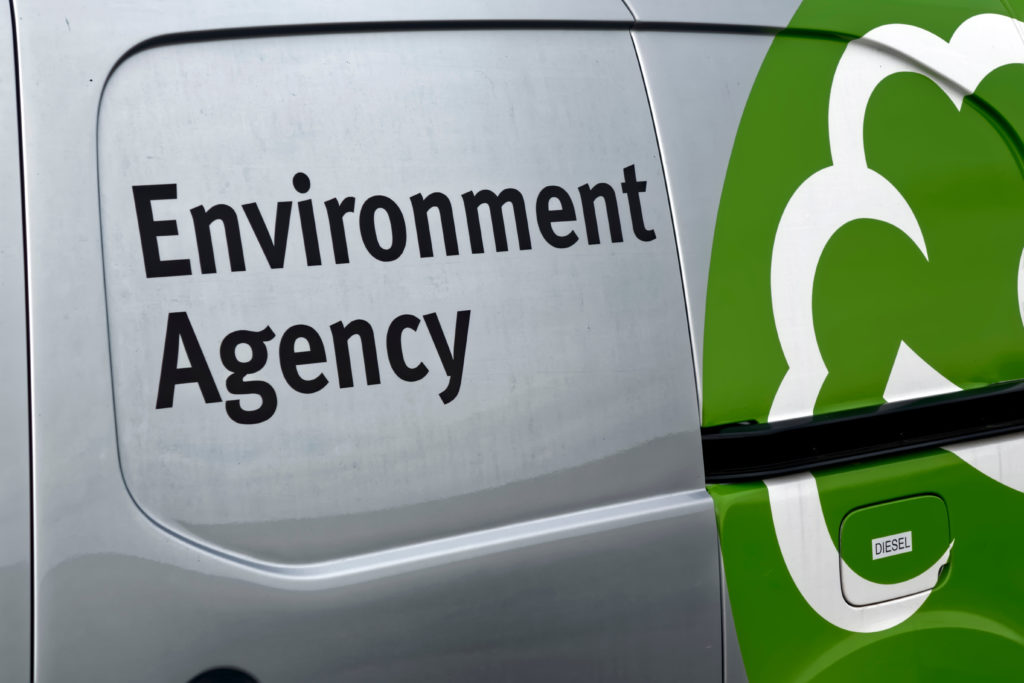As promised by the government's response to the Strategy Unit waste report last year, DEFRA is expected to review its policy on providing financial incentives for household recycling later this year.
While the Chancellor is not thought to favour such schemes, Mr Morley argued in favour of the possibility of allowing local authorities to charge householders based on the amount of waste they produce.
Mr Morley said: “Differential charges on waste – this is not extra taxes on waste, but financial advantages for good behaviour. People should not only feel good for doing what they can for the environment, but also in being financially rewarded.”
”People should not only feel good for doing what they can for the environment, but also in being financially rewarded. “
– Elliot Morley
Addressing a range of stakeholders from the waste sector at a meeting of the Associate Parliamentary Sustainable Waste Group last night, the minister said: “We're looking very seriously at household waste incentives – we've been talking to the Local Government Association about what can be done and how we can learn from other schemes already in operation in other countries. We do intend to review our options on this later this year.”
Variable waste charging for householders was one option discussed by an expert panel at the meeting for how to reach increasingly challenging local authority waste management targets.
Challenge
Experts including the LGA's Bob Lisney and the Waste Implementation Programme's John Enright said they expected local authorities to have no problems meeting the 17% municipal waste recycling target by the end of this financial year (2003/04), but the 25% target for 2005/6 would be quite a challenge.
And the real challenge would be when new targets are set beyond 2005/6 at levels above 25%, said Mr Lisney. He said: “The real issue will be looking beyond that target – 25% is not a big target. Beyond that, though, real integration is needed. Local authorities need to look at the bigger picture now.”
Consultant David Davies also urged local authorities to start looking to the long-term, but said the real problems to come would be the landfill diversion targets for 2010 and 2013 (see letsrecycle.com legislation section).
He said: “It is touch-and-go if we will meet the 2010 target and pretty clear we are not going to meet the 2013 target. But at the moment, the preoccupation is on the near field of targets. All the indications are that the capacity (to reach residual waste targets) does not exist and will not exist by 2010 or 2013.”
Facilities
Agreeing with this sentiment, Bob Lisney warned that the UK would need 100 new waste management facilities of the order of 40,000 tonnes capacity for every county area.
Neil Thornton, director of environment quality and waste at DEFRA, admitted achieving the Landfill Directive targets would be “extremely hairy”, and said: “Local authorities in their planning role will have to take a very wide look at new waste facilities. There is a huge amount of pulling together that needs to be done.”
The government is planning to revise planning guidance document PPG10 to improve the planning process for waste management facilities. Elliot Morley also said the government was “close to publishing” its review of health effects of waste management, which would help inform the public in the planning process.








Subscribe for free